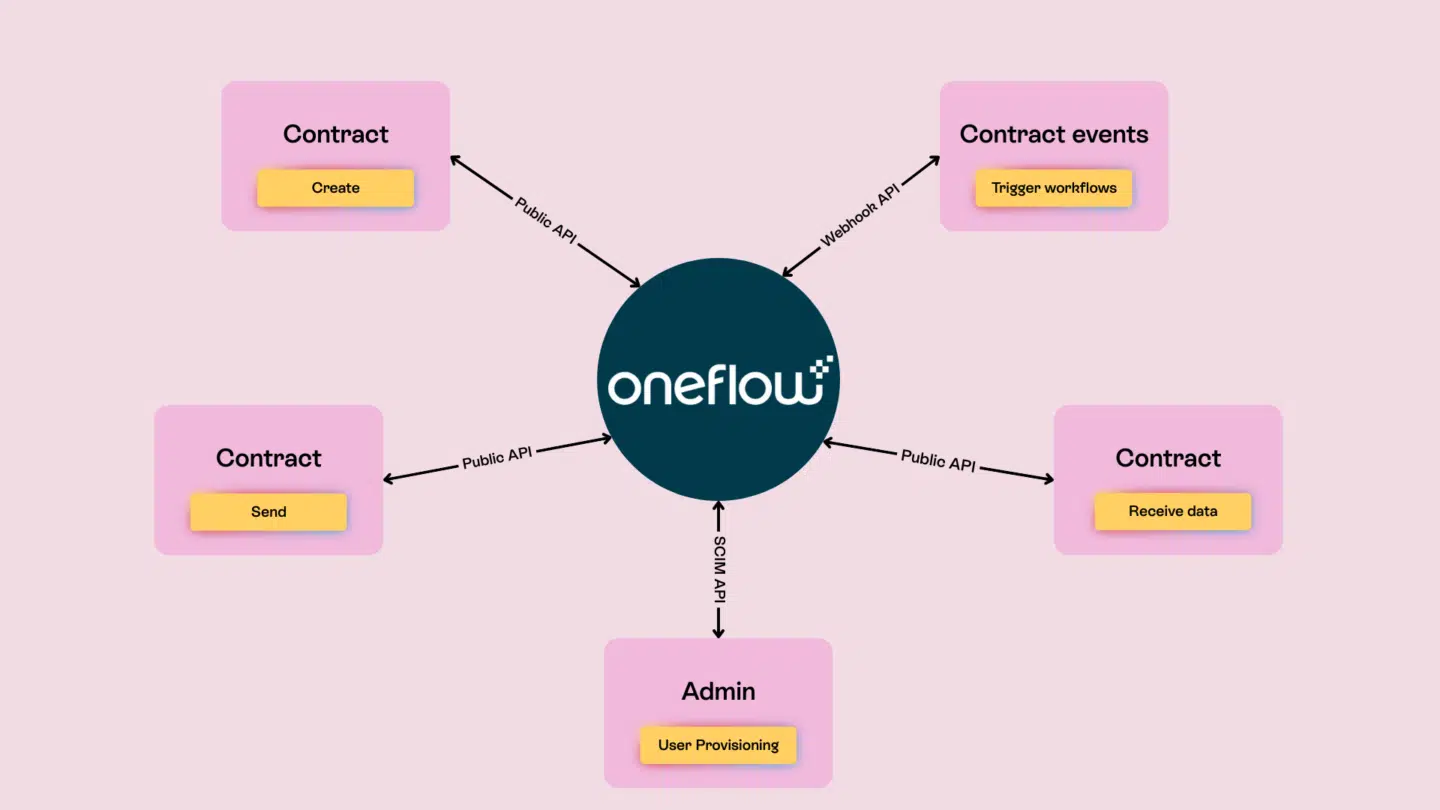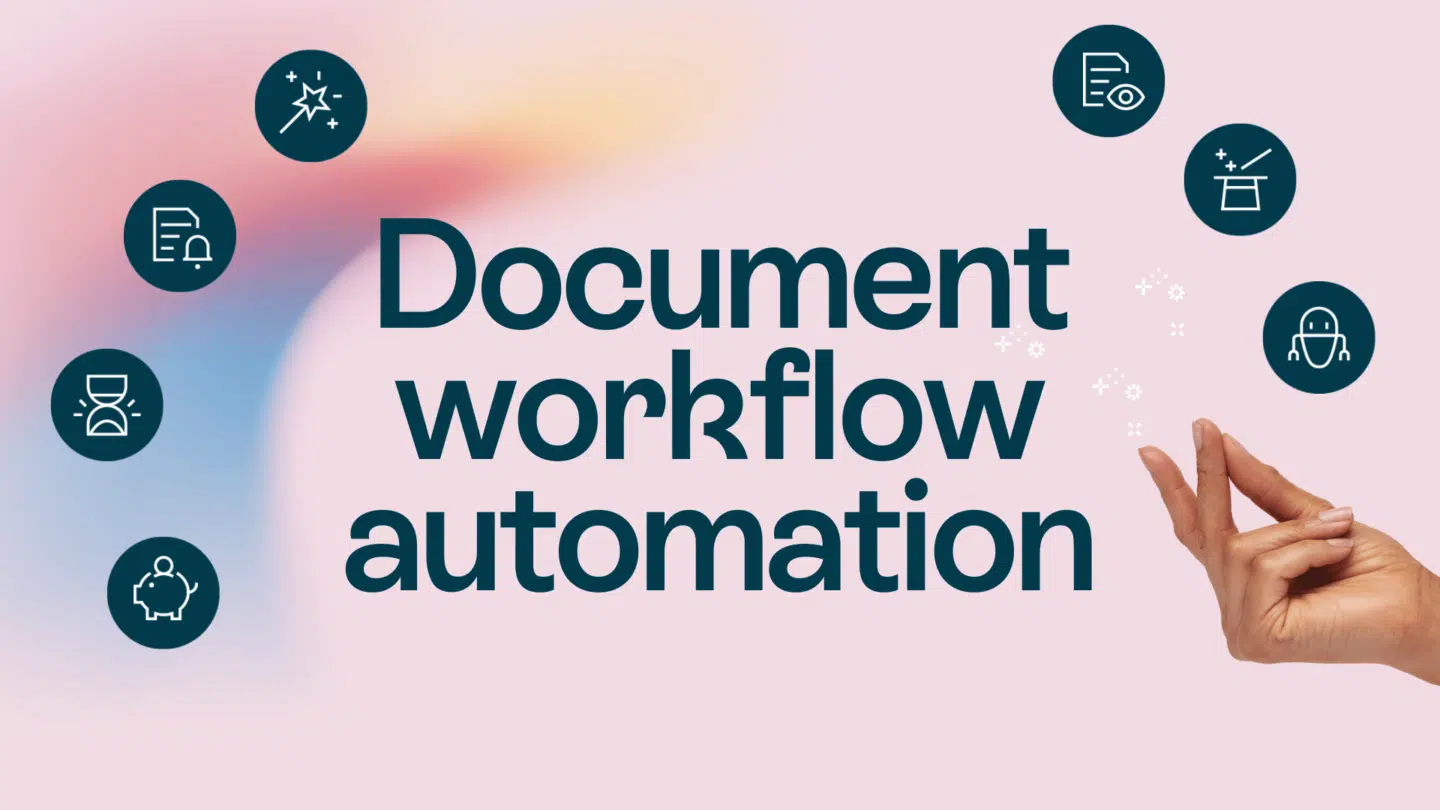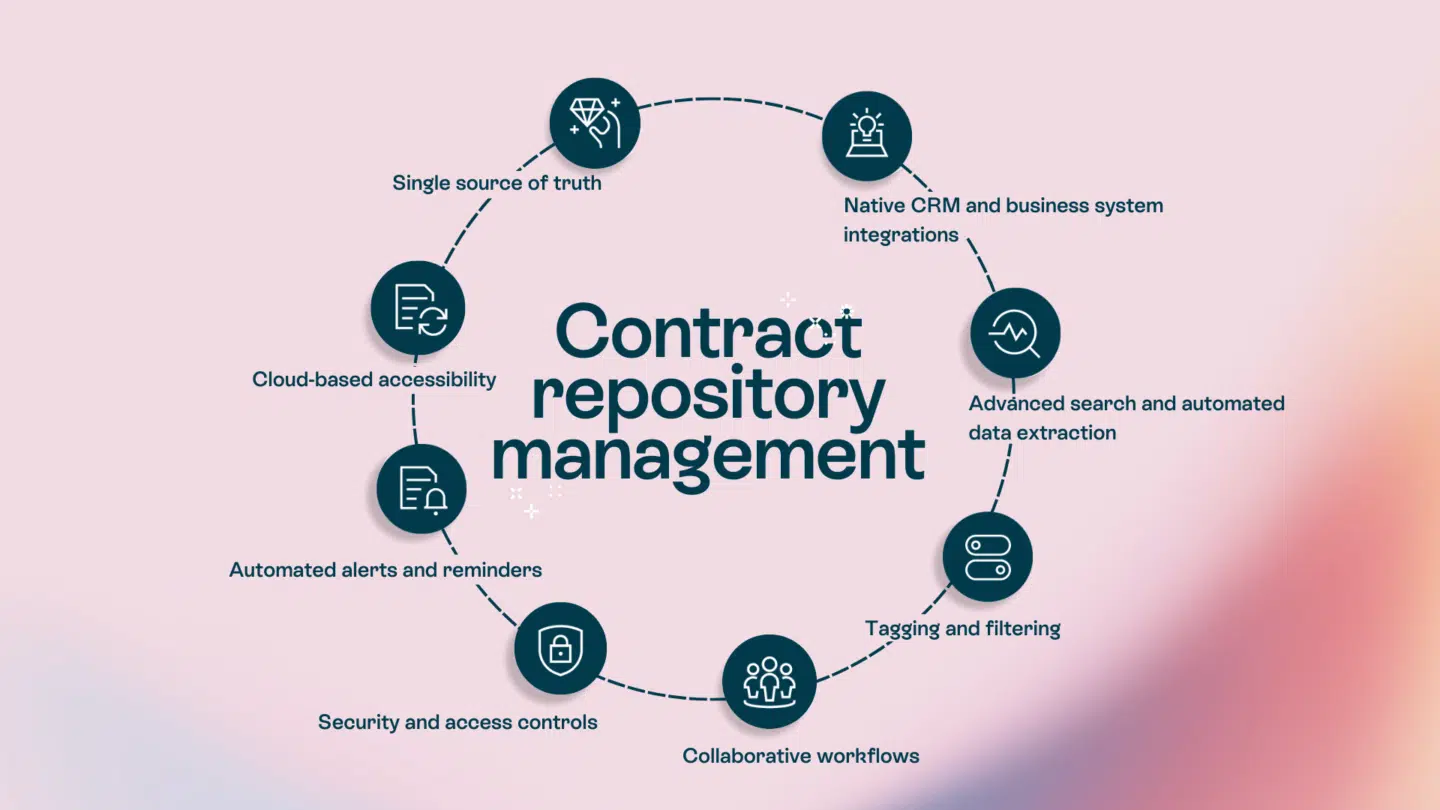We can all agree that contracts are the foundation of many agreements and deals. They outline the terms and conditions that both parties must adhere to, ensuring a mutually beneficial relationship. But what happens when the contract’s duration is nearing its end? Do you let it expire, or do you consider extending the contract? In this article, we will explore the ins and outs of contract extension, the legal aspects involved, and even give you some valuable tips for successful contract extensions.
What is a contract extension?
Before we dive deeper into this, let’s begin by understanding what a contract extension actually is. In simple terms, it’s a continuation of an existing contract beyond its original expiration date. Rather than initiating a brand-new contract, both parties agree to extend the current one. This ensures that the terms and conditions remain in force, potentially providing benefits such as continued business relationships and cost savings.
What is a contract extension?
A contract extension is a formal process where both parties agree to continue the existing contractual relationship, even after the original end date has passed. It’s a great way to maintain the existing terms and conditions, providing stability and continuity for both parties involved.
Why might you need to extend a contract?
There are numerous reasons why you might need to extend a contract. Perhaps the project at hand requires more time to complete than initially thought. Maybe you want to solidify a successful partnership or ensure the ongoing supply of resources you need. Regardless of the reason, understanding the legal aspects of contract extension is crucial.
Read also: What is contract management: a complete guide

The legal aspects of contract extension
When considering a contract extension, it’s vital to be aware of the legal requirements and potential issues that could arise. The last thing you want is to enter into a contract extension without proper legal consideration, only to face unforeseen consequences down the line.
Legal requirements for extending a contract
Extending a contract is a serious matter, so it’s important to ensure that you meet the legal requirements. Firstly, you must confirm that the original contract allows for extensions. Typically, contracts include provisions that outline how extensions should be handled. Make sure to review these clauses carefully and consult legal counsel if necessary.
Secondly, both parties must mutually agree on the extension. Just like the initial contract, the terms and conditions of the extension should be clearly defined and agreed upon in writing. This includes the duration of the extension, any modifications to the existing terms, and any additional obligations or considerations.
Potential legal pitfalls in contract extension
While extending a contract can bring many benefits, it’s important to be aware of the potential legal pitfalls. One common issue that may arise is the need for additional negotiations. The terms of the initial contract may no longer be suitable for the extended period, requiring renegotiation and potential modifications.
Another potential pitfall is failing to communicate effectively. Both parties involved must stay engaged and keep communication lines open to avoid any misunderstandings or disagreements. Clear communication is key to ensuring that everyone’s expectations are aligned throughout the extension process.
Read also: Why Oneflow is a contract automation platform for everyone

How to extend a contract
Now that we have covered the legal aspects, let’s dive into the practical steps you need to take in order to extend a contract.
Initial considerations before extending a contract
Before pursuing a contract extension, take the time to carefully consider your objectives and the potential benefits and risks. Ask yourself questions such as:
- Does extending the contract align with our long-term business goals?
- Are we satisfied with the existing terms and conditions, or do they require modification?
- What are the potential financial implications of an extended contract?
- Do we have a solid working relationship with the other party, and will this extension strengthen it?
By pondering these questions and discussing them internally, you can make an informed decision about whether extending the contract is the right move for your organization.
How to negotiate a contract extension
If you decide that a contract extension is the way forward, the next step is negotiating the extension’s terms with the other party. This negotiation should include discussions on the duration of the extension, any necessary modifications, and any additional obligations or considerations.
During the negotiation process, it’s essential to remain open-minded and flexible, while also advocating for your organization’s best interests. Remember to consider the other party’s perspective, as a successful negotiation depends on finding common ground and solutions that work for everyone involved.
Finalizing the contract extension
Once the negotiations are complete and both parties are satisfied with the terms, it’s time to finalize the contract extension. This involves reviewing the agreed-upon terms and conditions and drafting a written contract addendum.
The addendum should clearly state the extension’s duration, any modifications or additions to the original contract, and any additional obligations or considerations. Make sure to have the addendum reviewed by legal counsel before both parties sign it, ensuring that all legal requirements are met.
Read also: Terminating a contract: What you need to know

Tips for a successful contract extension
Now that you have a better understanding of the process, here are some valuable tips to ensure a successful contract extension:
Best practices for extending a contract
- Start the extension process well in advance of the contract’s expiration date to allow ample time for negotiations and finalization.
- Communicate openly and transparently with the other party throughout the extension process to avoid misunderstandings or conflicts.
- Seek legal counsel to review the extension terms and ensure compliance with all legal requirements.
- Consider any potential risks or concerns and address them proactively to minimize any negative impact on your organization.
Common mistakes to avoid
- Not reviewing the original contract thoroughly before initiating the extension process, potentially overlooking critical clauses or limitations.
- Not involving the relevant stakeholders, such as legal, finance, and operational departments, in the extension process. Their input can provide valuable insights and ensure consideration of all potential impacts.
- Rushing the negotiation and finalization process, leading to overlooked details or incomplete agreements.
- Failing to keep track of important dates and deadlines throughout the extension process, potentially resulting in contractual gaps or an unintentional contract termination.
Read also: 7 Negotiation tips and tricks for success

The key takeaways
Extending a contract is a strategic decision that requires careful consideration of legal requirements, effective communication, and negotiation skills. By understanding the process and following best practices, you can increase the chances of a successful contract extension that benefits both parties involved. Remember to review the original contract, seek legal counsel, and be proactive in identifying and addressing any potential risks or concerns. By doing so, you can navigate the contract extension process with confidence and secure valuable long-term partnerships.







